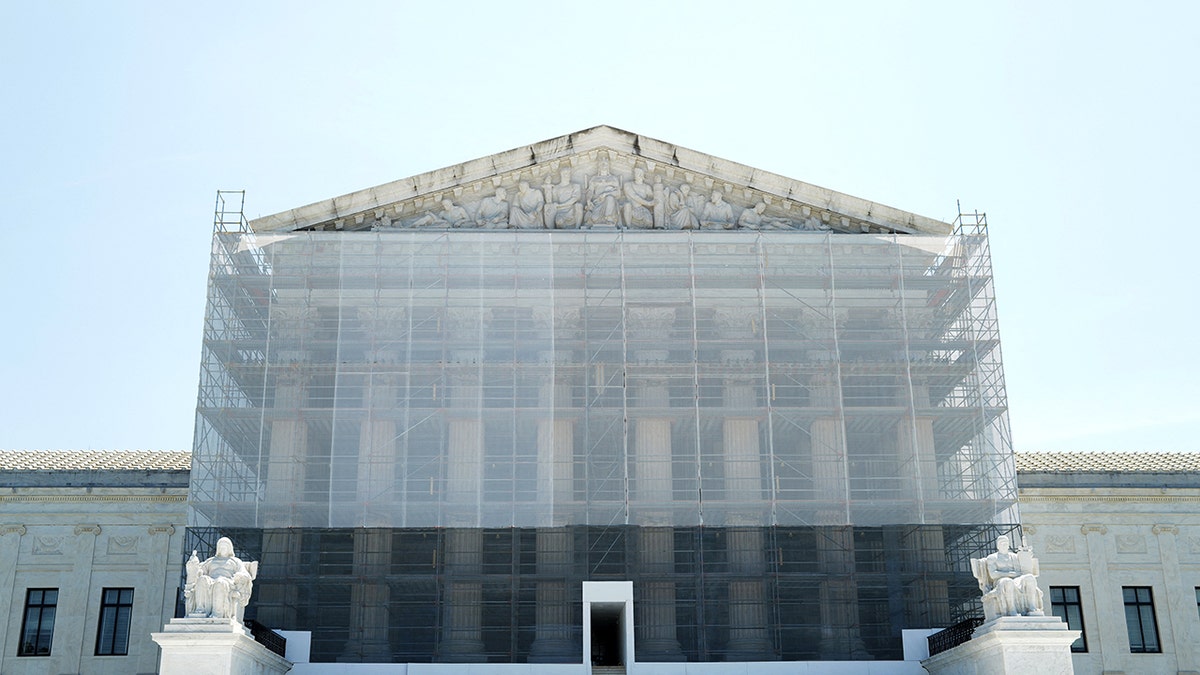Share this @internewscast.com
An 82-year-old bush pilot from Alaska is taking his legal battle to the U.S. Supreme Court over the forfeiture of his $95,000 airplane and a few cans of beer, as stated by his legal team.
Kenneth Jouppi, with support from the Institute for Justice, is challenging a decision made by the Alaska Supreme Court, which upheld the confiscation of his aircraft. Jouppi argues that this penalty infringes upon the Constitution’s protection against excessive fines, according to a statement released by the Institute for Justice.

Jouppi, unaware that he was transporting alcohol to a dry village in Alaska, is now seeking intervention from the U.S. Supreme Court. The Institute for Justice emphasizes this point in its advocacy for him.
On April 3, 2012, Jouppi, an Air Force veteran and proprietor of KenAir LLC, prepared to fly a passenger and her groceries from Fairbanks to Beaver, a secluded village approximately 110 miles to the north.
However, hidden within the passenger’s luggage were three cases of beer—two of Budweiser and one of Bud Light—intended as a gift for her husband, the local postmaster in Beaver. This detail was highlighted in the release from the Institute for Justice.
Before the flight could commence, Alaska State Troopers conducted a search of the aircraft and discovered the concealed beer. Despite Jouppi’s insistence that he was unaware of the alcohol, he was charged by prosecutors with the intentional transport of alcohol into a dry village.
Beaver had voted in 2004 to ban alcohol importation. Jouppi was convicted, fined $1,500, and sentenced to three days in jail, which is the statutory minimum penalty.

The Institute for Justice is helping Kenneth Jouppi petition the U.S. Supreme Court. (Kenneth Jouppi/Institute for Justice)
According to court documents seen by Fox News Digital, prosecutors moved to seize Jouppi’s Cessna U206D aircraft, valued at approximately $95,000, under Alaska Statute 04.16.220(a)(3)(C), which mandates forfeiture of vehicles used to transport alcohol illegally.
Lower courts initially sided with Jouppi, finding that confiscating an entire airplane over the cases of beer was excessive.
But in 2024, the Alaska Supreme Court reversed the decision. The justices acknowledged that forfeiture is a form of fine under the Eighth Amendment, but ruled that it was not grossly disproportional to the offense.
In June 2025, Jouppi then filed his petition with the U.S. Supreme Court.

The U.S. Supreme Court in Washington, DC, seen on June 24, 2025. (MANDEL NGAN/AFP via Getty Images)
According to the Institute for Justice, Jouppi’s case is about more than one man’s airplane, but about safeguarding Americans from excessive financial penalties imposed by the government.
“Ken is not giving up the fight. Instead, he’s partnered with the Institute for Justice to ask the U.S. Supreme Court to step in and give much-needed clarity to what constitutes an unconstitutionally excessive fine,” a spokesperson said.
“In an era where enforcement agencies (in the Supreme Court’s words) ‘increasingly depend heavily on fines and fees as a source of general revenue,’ it’s critical that the Court invigorate the Bill of Rights’ Excessive Fines Clause in a way that better secures protections for ordinary people nationwide,” they concluded.
Fox News Digital reached out to the Institute for Justice for further comment.
















